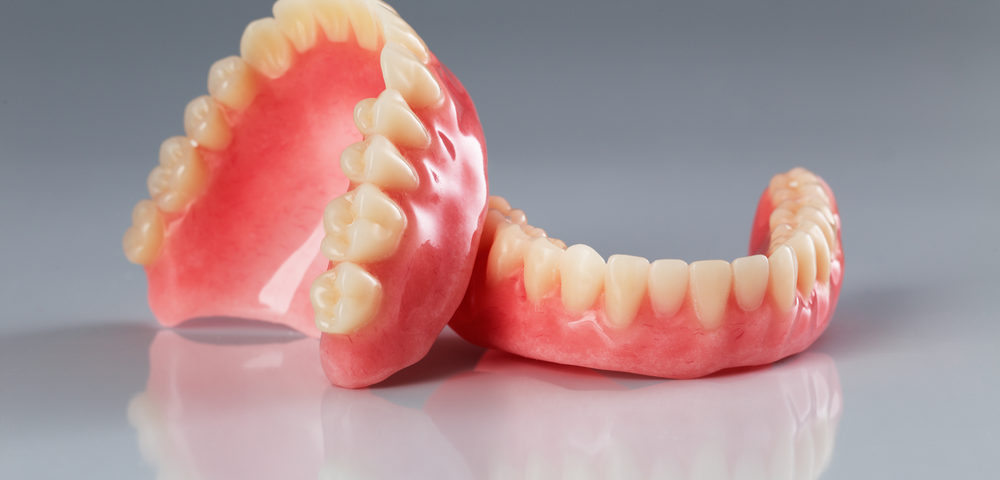
A Painful “Problem Tooth” May be an Abscess
January 19, 2018
How Common Winter Sicknesses Affect Your Oral Health
February 2, 2018The decision to get dentures is not one that dentists or patients take lightly. Very few people choose dentures when they still have healthy teeth and gums, so it tends to be a matter of necessity, based on health issues. Teeth and gums that have been damaged or destroyed by decay and gum disease may sometimes still look fine and function adequately—but if future health problems are guaranteed, it may be time for dentures.
If you have pervasive oral health concerns, Grant Park dentist Dr. Abbey Lee will provide restorative treatments and periodontal therapy to help you keep your teeth in good working order. When the damage becomes too severe, she can provide you with a beautiful, natural-looking set of dentures to restore your dental function. Call us at 404-328-7177 to make an appointment with Dr. Lee.
How Gum Disease Leads to Tooth Loss
Individual lost teeth can often be replaced, but gum disease cannot be cured. Periodontal treatments can often control the advance of gum disease, but it cannot reverse the symptoms. Once bacteria have damaged gum tissue to the point that it no longer protects and stabilizes the teeth, there is little that can be done to preserve it.
If only one area is badly damaged, gum surgery may be able to graft healthy tissue over the site of destroyed gum tissue. For patients with only mild-to-moderate symptoms, pinhole technique gum surgery is an option for restoring gingival tissue lost due to gum recession. However, when gum recession is severe, there is little that can be done. Think of the roots of a tree. If the soil holding the tree’s roots is removed, the tree will not stand. Exposed roots become more vulnerable to the elements and the tree is no longer stable.
Gum recession also leads to dental decay, as exposed tooth roots do not have enamel to protect them from bacteria. When too many teeth are decayed and too much gum tissue has been destroyed, dentures are often the recommended treatment.
Partial and Full Dentures
When a badly damaged mouth still has healthy teeth and gum tissue, partial dentures may be an option. Since partial dentures are supported by healthy teeth, however, those remaining teeth must be in good shape. If it looks like those teeth are headed for failure, full dentures will usually be recommended.
If your dental problems are persistent and severe, Dr. Lee will examine your mouth and tell you whether partial or full dentures are the more appropriate option for restoring your dental function.
The Benefits of Implant Dentures
Although conventional dentures have been the standard for hundreds of years, dental implants are the healthier choice. Unlike standard dentures, implant-supported dentures help you preserve bone mass in the jaw, so your facial structure will remain strong and unchanged. Implant dentures are also more comfortable and stable, since they are firmly attached to the jaw and do not rub against the gums. Patients can enjoy a broader range of foods with implant dentures, as they never have to worry about their false teeth slipping out of place when they eat.
To learn more about dentures and dental implant-based dentures, make an appointment at Smiles 4 Grant Park. Dr. Abbey Lee loves to help patients put their dental woes behind them and improve their quality of life with a beautiful set of prosthetic teeth. Call our dental office at 404-328-7177 to make an appointment for Grant Park dentures.


